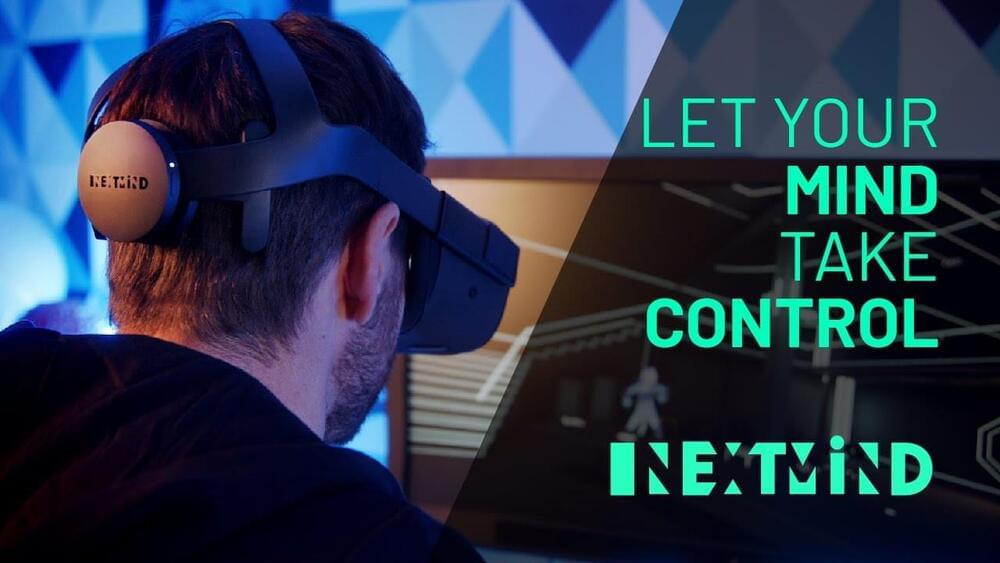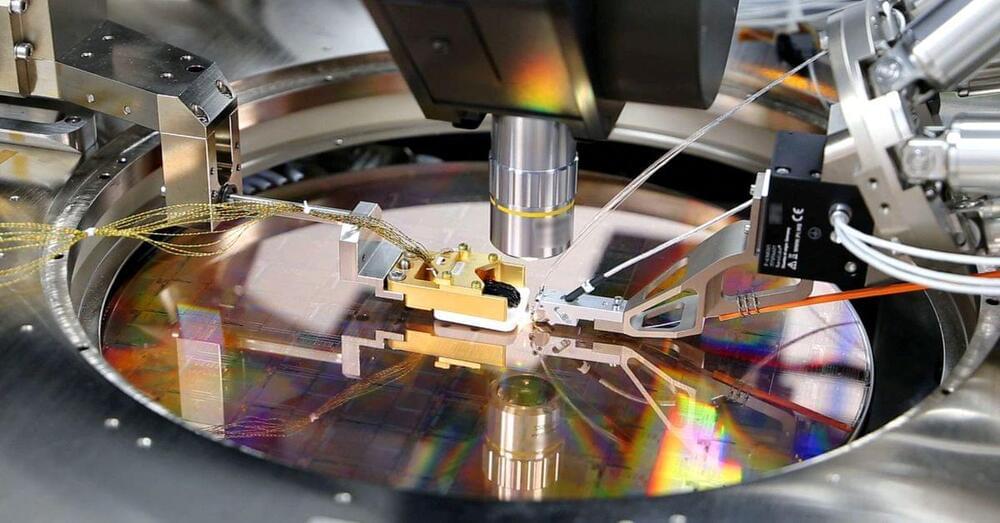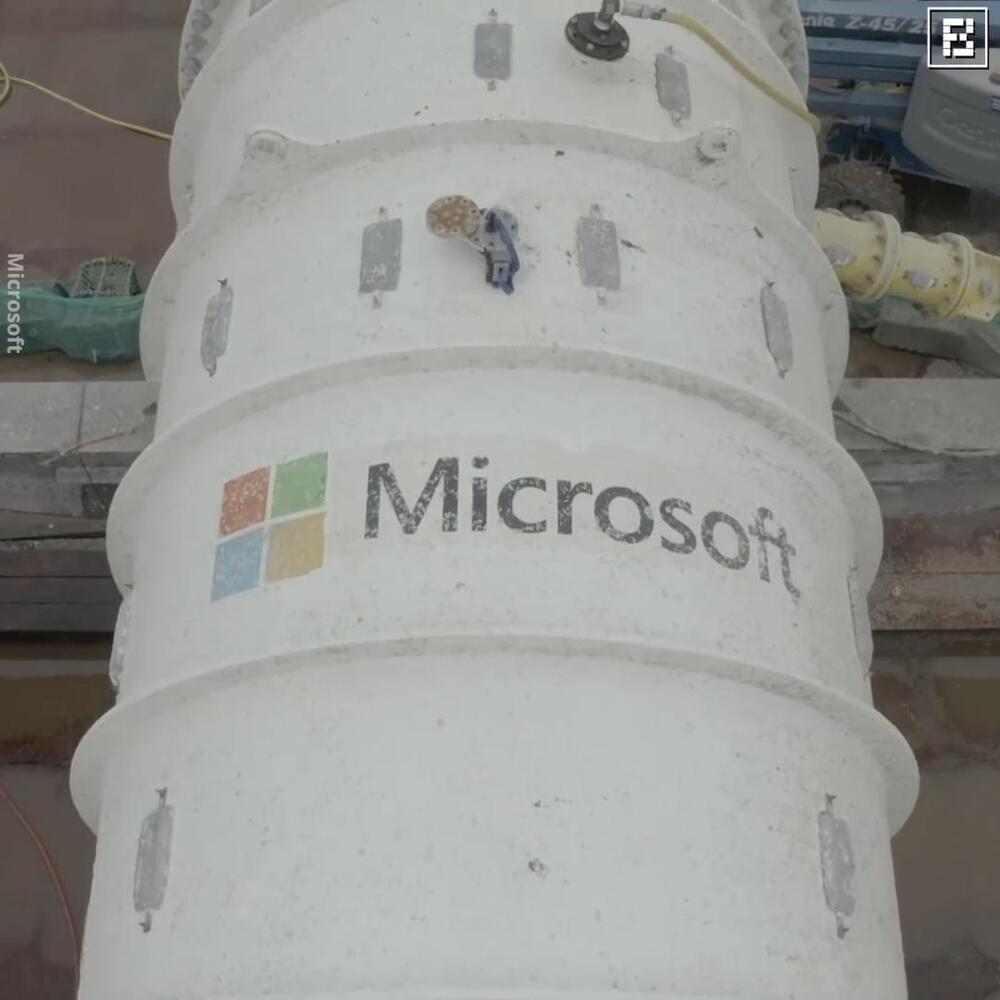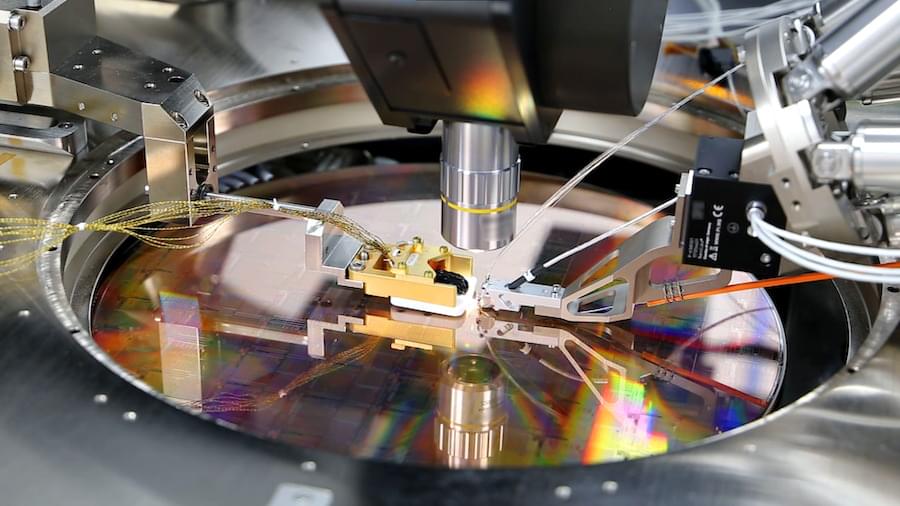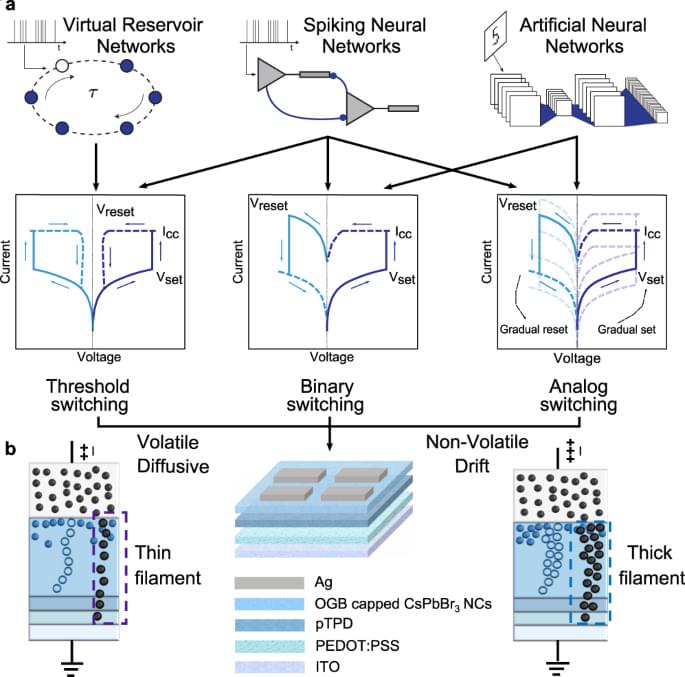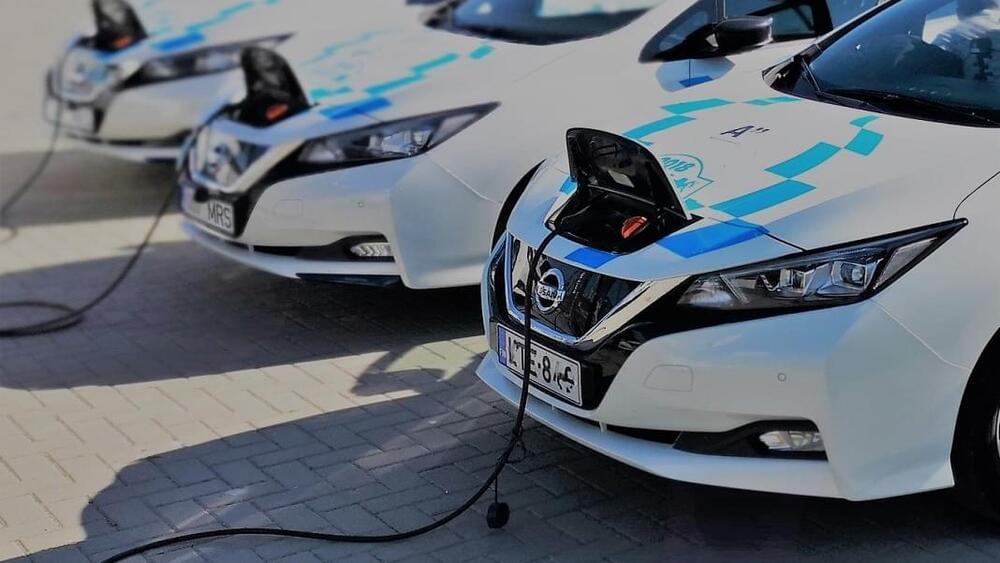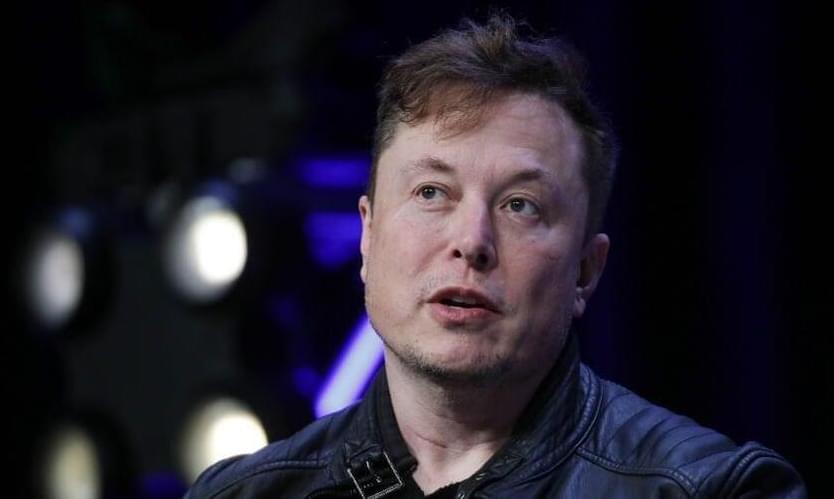Apr 27, 2022
NextMind Dev Kit — Let Your Mind Take Control
Posted by Kelvin Dafiaghor in categories: business, computing, media & arts, neuroscience, wearables
https://www.youtube.com/watch?v=RR7tHXV14xk
The world’s first real-time brain-sensing wearable, allows users to take control of their world with a single thought. Get yours today and join us in building the first generation of mind-enabled experiences.
Available for order at $399.
Follow us:
Twitter: https://twitter.com/nextmind.
Linkedin: https://www.linkedin.com/company/11251811/
Facebook: https://www.facebook.com/nextmindlab/
Instagram: https://www.instagram.com/nextmindlab/
Continue reading “NextMind Dev Kit — Let Your Mind Take Control” »
